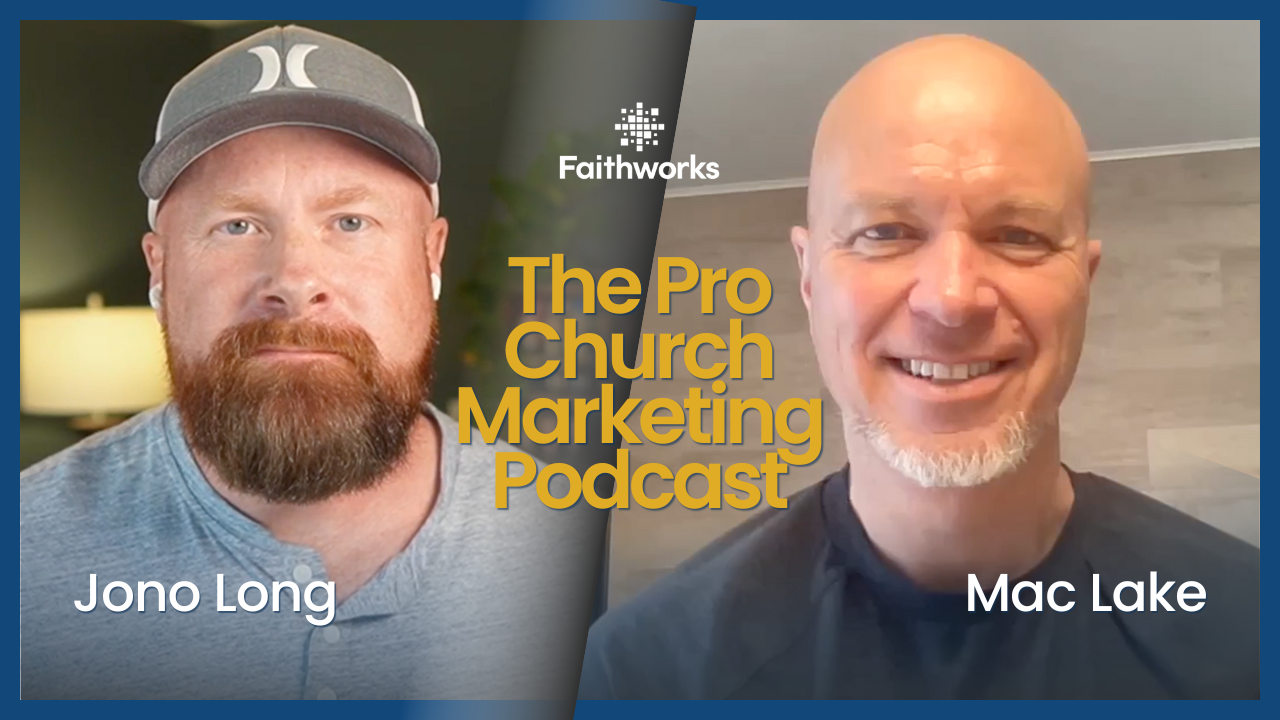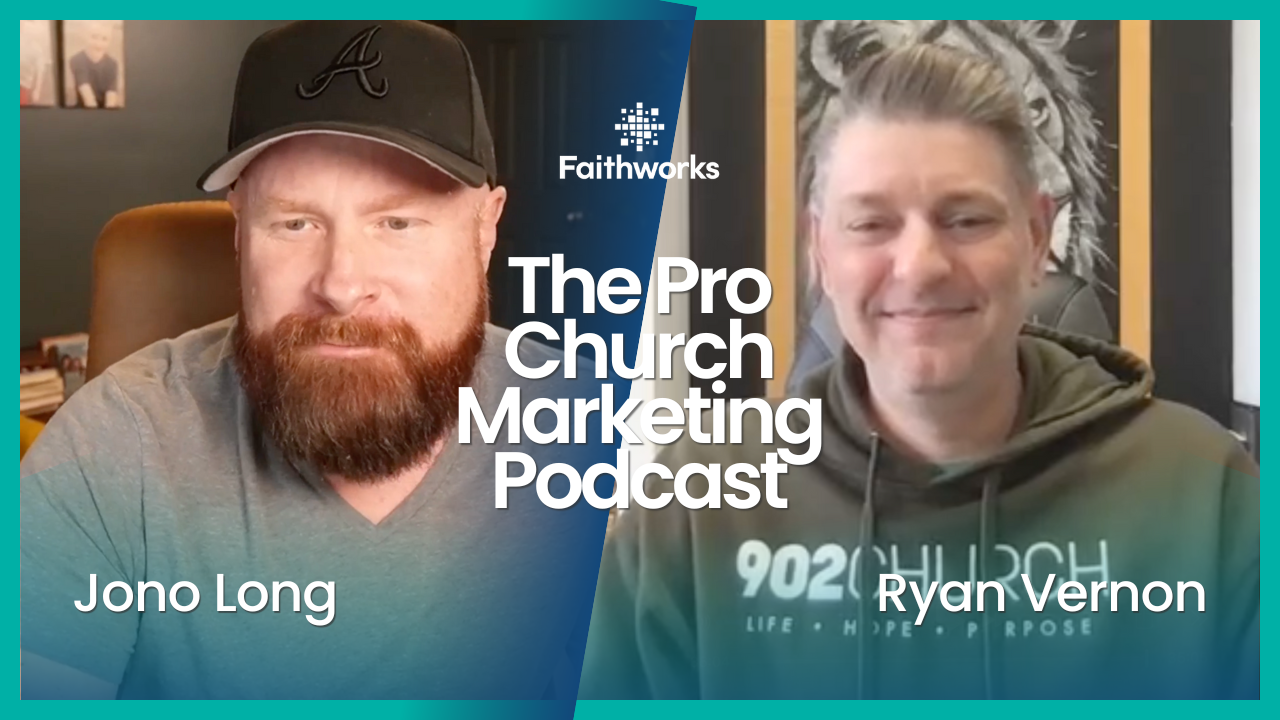SEO Tips for Your Church Website
A strong online presence is vital for churches today. One of the best ways to achieve this is through effective Search Engine Optimization (SEO). By optimizing your church's website, you can make it easier for people to find you online, learn about your mission, and join your community.
SEO helps ensure that your website appears in search engine results when people are looking for a church or related services. This can bring more visitors to your site and expand your reach. Understanding and implementing key SEO strategies can make a significant difference.
At Faithworks Marketing,
we specialize in helping churches enhance their online presence through SEO, website design, and more. In this article, we'll explore some essential SEO tips to make your church website stand out. With these tips, you can improve your search rankings, attract more visitors, and better serve your community.
Optimizing Your Church Website’s Content
Good content is the foundation of effective SEO for your church website. Start by making sure all your pages have clear, relevant information. Each page should focus on a specific topic or service your church offers. Use simple words and short paragraphs to make it easy for visitors to read and understand.
Keywords are crucial for content optimization. Think about what words people might type into Google when searching for a church. These keywords should naturally fit into your text, titles, and headings. Avoid stuffing keywords, as it can make content hard to read and hurt your search rankings. Instead, aim for a balanced approach.
Visual elements like images and videos can make your website more engaging. Use descriptive file names and add "alt text" to images, which helps search engines understand what they are about. Regularly updating your content, like blog posts or event announcements, keeps your website fresh and encourages repeat visitors.
Leveraging Local SEO for Greater Visibility
Local SEO is important for churches because
it helps you connect with people in your community. Start by claiming and optimizing your Google Business Profile listing. Make sure your church’s name, address, and phone number are accurate. Add photos of your church and include service times and other important details.
Encourage your congregation to leave positive reviews online. Reviews build trust and improve your local search rankings. Respond to reviews to show that you value feedback. This interaction can boost your church's reputation.
Adding local keywords to your website content can also improve visibility. Mention community names and nearby landmarks naturally in your text. Create content based on local events or community issues to show you are active in the area. Local backlinks from community websites or local blogs can further enhance your local SEO efforts. This makes it easier for people nearby to find and connect with your church.
Building Quality Backlinks
Building quality backlinks is a key component of improving your church website’s SEO. Backlinks are links from other websites that lead back to your site. They signal to search engines that your content is valuable and trustworthy. Focus on gaining backlinks from reputable sources to elevate your search rankings.
Begin by collaborating with related organizations or charities. If you work together on events or projects, ask them to link back to your website on their own. Writing guest posts for local blogs or creating content for community websites can also earn you valuable backlinks. Within these posts, include links leading to relevant pages on your church website.
Participating in community events and local news can also generate backlinks. When your church hosts an event or takes part in community services, media coverage can provide natural backlinks. Don’t shy away from reaching out to local newspapers or websites with press releases about your activities. These backlinks enhance your visibility and establish authority within your community.
Using Technical SEO to Improve Site Performance
Technical SEO covers the behind-the-scenes work that makes your website function smoothly and rank higher. It includes optimizing website speed, ensuring mobile-friendliness, and fixing broken links. These factors contribute significantly to user experience and search engine rankings.
First, check your website’s loading speed. A faster website keeps visitors engaged longer and reduces bounce rates. Compress images and leverage browser caching to improve load times. Tools like PageSpeed Insights can help you identify areas for improvement.
Ensure your website is mobile-friendly. Many people will access your site from their phones or tablets, so it should be easy to navigate on all devices. Use responsive design techniques to adjust your site’s layout according to the screen size.
Fix any broken links on your website, as they can harm your SEO and frustrate users. Regular scans and audits can help you identify and fix these issues promptly. Also, create an XML sitemap and submit it to search engines. This helps search engines index your site better, improving its visibility in search results.
Conclusion
Improving your church website’s SEO is more than just a one-time task; it’s an ongoing effort that involves multiple strategies. By optimizing your content, leveraging local SEO, building quality backlinks, and focusing on technical SEO, your church can significantly enhance its online presence. These techniques will help you attract more visitors, engage your community better, and fulfill your mission more effectively.
Faithworks Marketing is dedicated to helping churches achieve their digital goals with specialized services in SEO, website design, Google Ad Grant management, and social media. Contact our
church marketing agency today to take your church website to the next level and connect more meaningfully with your congregation.

Latest Posts




© 2025 All Rights Reserved | Faithworks Marketing







